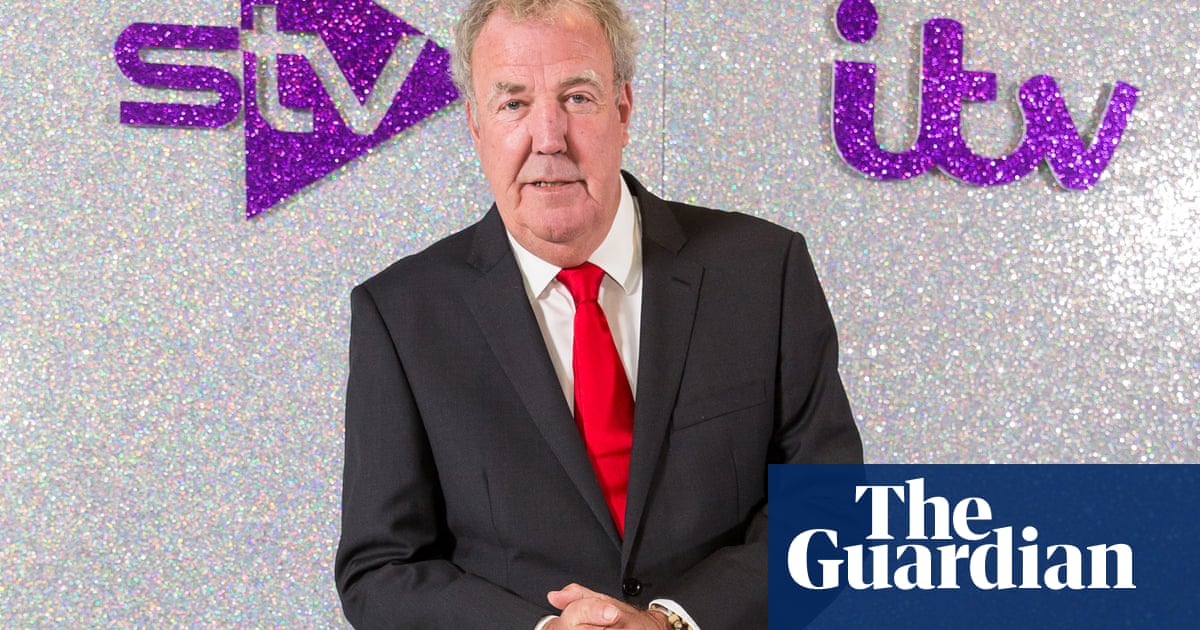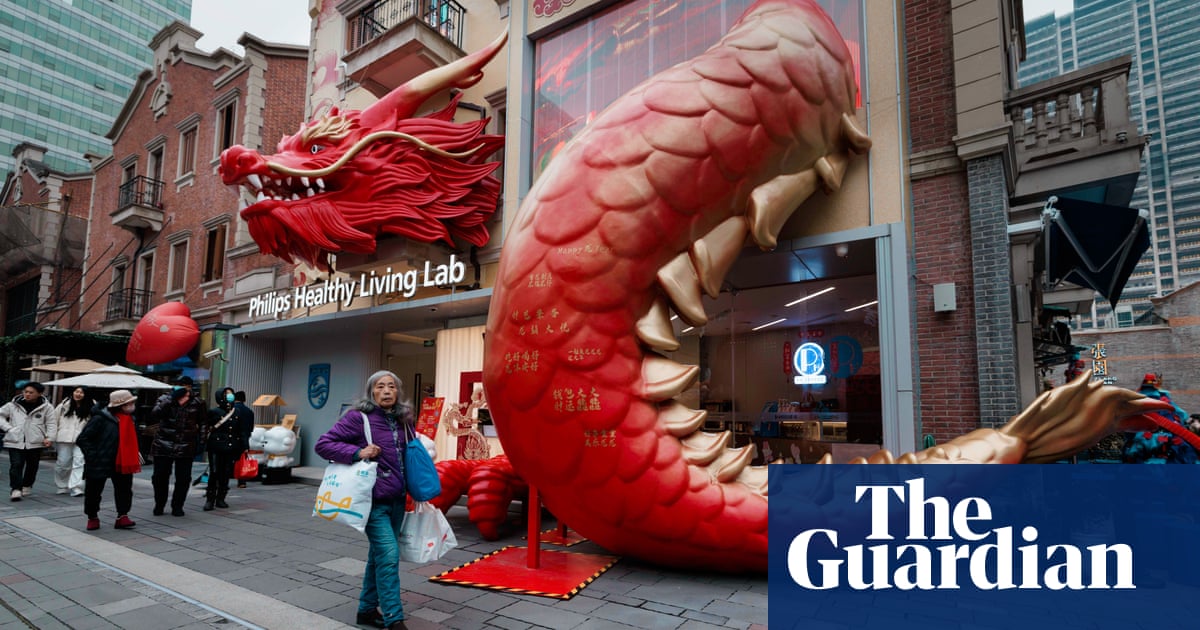
ITV has insisted its reputation is intact despite the controversy over Jeremy Clarkson, as the broadcaster said it expected a steep drop in advertising sales this year as the economy weakens.
Clarkson, a former Top Gear presenter, presents ITV’s long-running gameshow Who Wants to Be a Millionaire, but he was forced to apologise over an article in the Sun in December in which he said he was dreaming of the day the Duchess of Sussex was made to parade naked in public while people threw excrement at her.
ITV’s chief executive, Carolyn McCall, said: “Neither Who Wants to Be a Millionaire or Jeremy Clarkson have been cancelled.” The broadcaster said on Wednesday that it had “no further commissioning commitments” beyond one series which has been filmed.
“We’ve handled it quite well,” McCall said, when asked about ITV’s response to the furore. “I’ve made it clear there’s no place for those comments on ITV. They weren’t on ITV – they were from the Sun. So no, I don’t think there’s a wash over on to the brand.”
The comments came as ITV warned that it expects a steep drop in advertising sales during 2023 as the economy weakens. The worsening advertising outlook comes as consumers struggle with inflation and rising interest rates, with many big companies expected to adjust their marketing spending accordingly.
The company said the outlook for advertising was “challenging given the current macroeconomic environment”. Ad revenues are expected to be down by about 11% in the first quarter of 2023 compared with 2022 and 1% below 2019, before the coronavirus pandemic lockdowns. For April this year revenues will be down between 10 and 15%, it said.
Shares fell 3% to 86p, making ITV one of the biggest fallers on the FTSE 250 on Thursday morning. Its share price has recovered from its weakest level in two years in September, but it remains a third of its peak level in 2015.
ITV made £501m in profit before tax, up 4% on the previous year, but its adjusted measure of profits dropped 13% to £672m, according to an announcement to the stock market on Thursday. It said revenues had risen 8% in 2022 to £3.7bn.
McCall said that many advertisers were “protecting their profits” at the moment, but said she also saw signs of “growing business optimism”. Airlines, travel and tourism were “very buoyed up” as they try to persuade people to return to travel after the end of coronavirus restrictions, while carmakers were more optimistic because of “the end of the supply chain issues that have plagued them”, she said. Even retailers had been advertising on the theme of “making life easier” for customers.
“There is just an element of caution while there is optimism,” she said. “Most advertisers think the second half will be easier than the first half.”
The broadcaster will not be able to rely this year on a boost from the football World Cup, as it did last year, although McCall said the rugby World Cup in the autumn was an important event. Kevin Lygo, managing director of media and entertainment, said he was hopeful about the prospects for Big Brother and I’m a Celebrity … Get Me Out of Here “if we can find another fun politician to throw in”, after the former health secretary Matt Hancock’s appearance last year.
ITV has been trying to move away from its historic reliance on television advertising, and building up revenues from streaming and production. It is spending heavily on building its ITVX streaming service as it belatedly creates an online platform able to rival the likes of Netflix, Disney+ or BBC iPlayer.
Total streaming hours grew by 69% in the first three months of ITVX, McCall said, and online advertising was up by a quarter.












